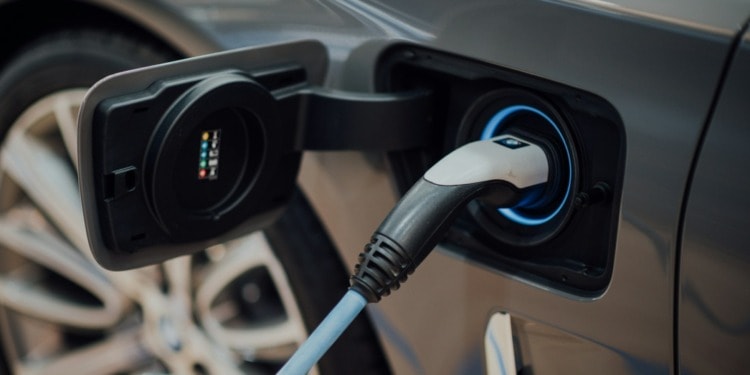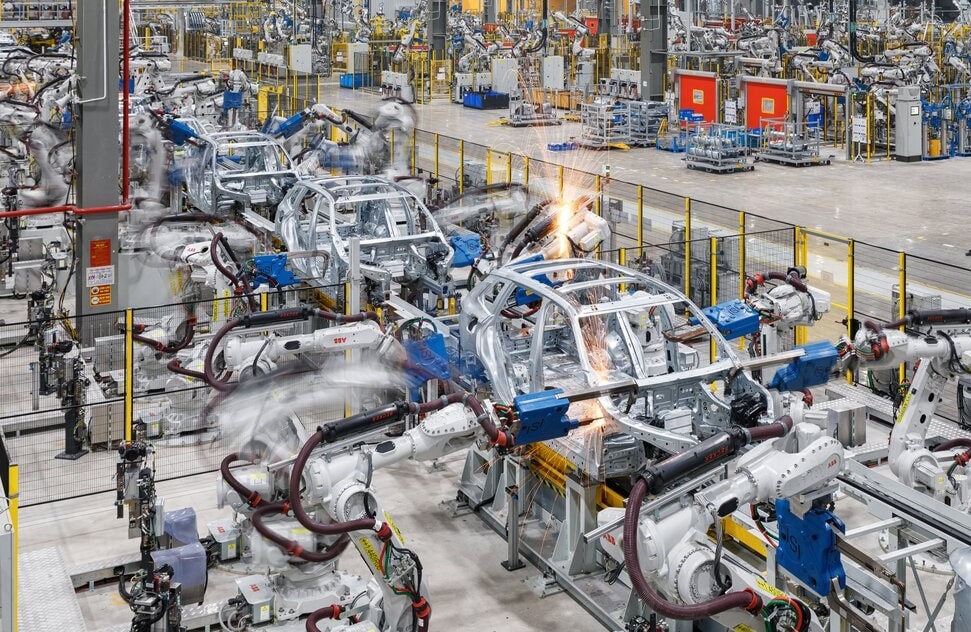A few years ago, the electric vehicle market seemed prime for mainstream expansion. With companies like Tesla reaching unbelievable market status, and the US government pledging to make EVs make up 50% of all new vehicles by 2030, the future looked bright for the EV industry.
While EV sales surged globally, demand for fully electric passenger cars is now softening. Factors contributing to this include unsold inventories, production cutbacks by manufacturers, and consumer ambivalence. Range anxiety remains a significant obstacle to EV adoption, highlighted by concerns about charging infrastructure and reliability issues.
A recent consumer survey performed by AAA concluded that only 18% of US adults would be “very likely” or “likely” to purchase an EV. This stems from consumer anxiety, as high costs, range anxiety and overall charging inconvenience. In other words, the expectation of EVs has increased, with consumers demanding improved performance, safety and sustainability while reducing costs.
Enter: Neural Concept
Switzerland-based Engineering Intelligence platform Neural Concept revolutionizes product design through the integration of 3D Deep Learning technology.
In the fast-evolving landscape of engineering and innovation, Neural Concept emerges as a trailblazing startup, reshaping the very essence of product development. Fueled by cutting-edge 3D deep learning technology, Neural Concept addresses the pressing need for sustainability and agility in an industry where traditional tools often fall short of meeting the demands of the digital era. To combat the shortcomings of the current EV industry, Neural Concept created Shape, an engineering intelligence platform.
At the heart of Neural Concept’s approach lies a profound integration of deep learning into the fabric of product development. Their platform seamlessly merges enterprise AI capabilities with intuitive interfaces, empowering engineers to craft groundbreaking designs with unprecedented efficiency. By harnessing the power of deep learning algorithms, Neural Concept enables organizations to not only enhance product performance but also streamline time-to-market processes and foster ongoing improvement.
Neural Concept’s track record speaks volumes, particularly in industries like automotive, where they’ve achieved remarkable reductions in development times, slashing years down to mere months. This transformative impact is made possible through Neural Concept’s adept utilization of non-parametric 3D design data and insights gleaned from CAE and CAD inputs, unlocking optimization avenues previously untapped.
Neural Concept’s suite of applications revolutionizes various aspects of engineering design. For example, designers can use the startup’s Heat Exchanger Design application to surpass cooling and pressure drop targets for e-mobility.
Related articles: How to Shift to, Grow, and Build Circular Economy | 5 Indian Sustainable Startups to Watch This Fall | Five Sustainable Startups From Bogotà | 4 Ways to Reduce Plastic Pollution | 5 Alternative Protein Startups to Watch | 9 Sustainable Startups From the Baltic Countries to Watch | Why We Need a Transformative Circular Economy | 5 Disruptive Circular Economy Startups to Watch
Furthermore, the introduction of Shape can enhance aerodynamics by predicting hundreds of results through faster simulations. This allows engineers to gain access to scalar and vector quantities and integrate wind tunnel data. Shape can also optimize rotating machinery through simulations, enabling engineers to test countless parameters and generate maximized data and performance maps.
At the same time, Neural Concept’s Static & Explicit Structure application offers unparalleled capabilities in optimizing rotating machine designs for automotive applications, predicting fatigue and contact simulations with exceptional speed and accuracy, and revolutionizing NVH analysis in the automotive industry.
Through these products and services, Neural Concept projects that it could reduce end-to-end product development time by 75%, catalyze product simulation 10x, and improve certain product characteristics (speed, safety, efficiency, etc.) by 30%.
What’s Next For Neural Concept?
Currently, Neural Concept is being used by notable automotive companies: Airbus, Bosch, GHeneral Electric, Mubea, Subaru and four Formula 1 Racing Teams. It has also forged a strong partnership with Nvidia to optimize GPUs and the deep learning models within Nvidia’s CUDA software.
In a recent milestone, the company secured $27 million in Series B funding led by Forestay Capital, and other returning investors.
Deborah Pittet of Forestay Capital said, “Neural Concept has pioneered 3D Deep Learning — the leading-edge of AI — and demonstrated phenomenal traction and results with customers in various industries around the world.”
Especially with the recent “AI boom” and increasing concerns surrounding emissions from traditional gas vehicles, Neural Concept has a unique opportunity to deepen its current integration through machine learning, hopefully making an even deeper impact on the automotive industry.
Editor’s Note: The opinions expressed here by the authors are their own, not those of Impakter.com — Cover Photo Credit: Chuttersnap.














